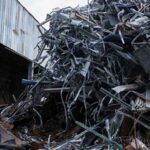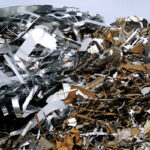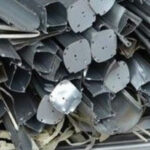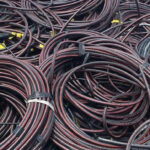Metal Scrap Yard Near Me
It is important to work with the right companies that you can sell as scrap buyers. Our company offers cash payment and quality customer relations for all corporate and individual scrap purchases. Professionally, we buy and convert all convertible mine and machine derivatives. You can contact us to sell scrap on the same day.

Yellow Scrap
In other words, brass is also referred to as scrap, and there are items that use yellow brass almost everywhere during the day. Brass water meter, yellow brass faucet, yellow brass fountain, yellow brass valve, yellow brass honeycomb scrap, …
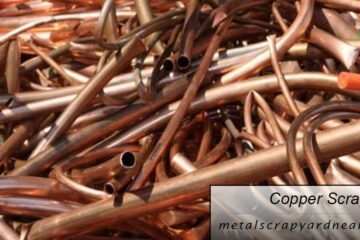
Copper Scrap
We take the scrap for the whole conversion the same day. Copper scrap is a precious non-ferrous mineral with a color between red and brown. This metal is identical to the elements gold and silver with very similar properties. Copper mineral …
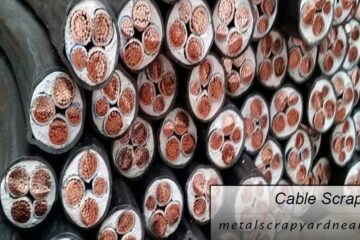
Cable Scrap
Cables carrying energy current are always high in value and find buyers in the market as cable scrap. Our company, which provides energy flow with the placement of multiple metallic conductors, is mostly used in the electrical and electronic …
METAL SCRAP YARD NEAR ME
Scrap Pickup Place
metalscrapyardnearme.com
Our company, which makes professional scrap purchases, provides you with the opportunity to shop as soon as possible. You can sell all the pieces you have such as yellow scrap, aluminum scrap, copper scrap, cable scrap, iron scrap, plastic scrap, phone scrap, motor scrap to us as metal scrap yard near me on the same day. Our company, which has been in this sector for years, comes and buys the parts you want to sell with the team vehicles in hundreds of fields..
As the nearest scrap dealer, we send a free exploration team. You can request an instant scrap price by calling our scrap dealer or sending photos of your scraps, and you can benefit from our free discovery supplement. As a scrap dealer, we buy scrap from a special address for those who send their location. As a metal scrap yard near me company, we aspire to all your purchase-sale, demolition-dismantling works.
Our company, which has been in this sector for many years, provides uninterrupted service with our experience. Thus, we maintain our leadership in scrap-buying areas. We meticulously fulfill the responsibilities of being a scrap dealer. With free discovery, we instantly pay the value of your scrap in cash for on-site purchases.
- Copper Scrap
- Iron Scrap
- Yellow Scrap
- Paper Scrap
- Cardboard Scrap
- Aluminum Scrap
- Vehicle Scrap
- Battery Scrap
- Lead Scrap
- Plastic Scrap
- Chip Scrap
- Steel Scrap
- Zinc Scrap
- Chrome Scrap
- Stainless Scrap
- Nickel Scrap
- Cable Scrap
- Chrome Scrap








